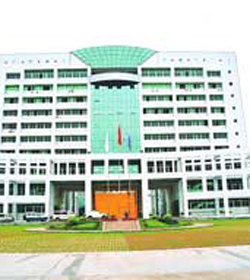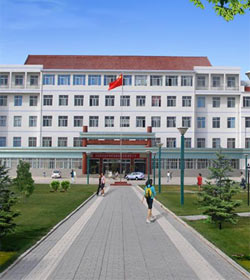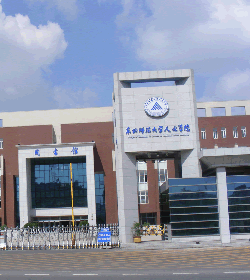2016年12月大学英语四级/cet4阅读练习四
2016-10-09 09:42:44am
Humanity uses a little less than half the water available worldwide. Yet occurrences of shortages and droughts (干旱) are causing famine and distress in some areas, and industrial and agricultural by-products are polluting water supplies. Since the world’ population is expected to double in the next 50 years, many experts think we are on the edge of a widespread water crisis.
But that doesn’t have to be the outcome. Water shortages do not have to trouble the world—if we start valuing water more than we have in the past. Just as we began to appreciate petroleum more after the 1970s oil crises, today we must start looking at water from a fresh economic perspective. We can no longer afford to consider water a virtually free
resource of which we can use as much as we like in any way we want.
Instead, for all uses except the domestic demand of the poor, governments should price water to reflect its actual value. This means charging a fee for the water itself as well as for the supply costs.
Governments should also protect this resource by providing water in more economically and environmentally sound ways. For example, often the cheapest way to provide irrigation (灌溉) water in the dry tropics is through small-scale projects, such as gathering rainfall in depressions (凹地) and pumping it to nearby cropland.
No matter what steps governments take to provide water more efficiently, they must change their institutional and legal approaches to water sue. Rather than spread control among hundreds or even thousands of local, regional, and national agencies that watch various aspects of water use, countries should set up central authorities to coordinate water policy.
21. What is the real cause of the potential water crisis?
A) The world population is increasing faster and faster.
B) Half of the world’s water resources have been seriously polluted.
C) Humanity has not placed sufficient value on water resources.
D) Only half of the world’s water can be used.
22. As indicated in the passage, the water problem ________.
A) has been exaggerated by some experts in the field
B) is underestimated by government organizations at different levels
C) poses a challenge to the technology of building reservoirs
D) is already serious in certain parts of the world
23. According to the author, the water price should ________.
A) correspond to its real value
B) be reduced to the minimum
C) stimulate domestic demand
D) take into account the occurrences of droughts
24. The author says that in some hot and dry areas it is advisable to ________.
A) build big lakes to store water
B) construct big pumping stations
C) channel water from nearby rivers to cropland
D) build small and cheap irrigation systems
25. In order to raise the efficiency of the water supply, measures should be taken to ________.
A) centralize the management of water resources
B) increase the sense of responsibility of agencies at all levels
C) guarantee full protection of the environment
D) encourage local and regional control of water resources
参考答案:21. D 22. A 23. C 24.C 25. B
以上就是查字典大学网为同学们带来的“2016年12月大学英语四级/cet4阅读练习四”内容了,希望看完能够带给大家一些力量,对同学的生活有所启示,更多内容在这里,请继续关注我们。
推荐文章
猜你喜欢
附近的人在看
推荐阅读
拓展阅读
院校推荐
猜你喜欢
身残志坚清华学子矣晓沅励志演讲:轮椅上的人生
开讲啦巴蒂尔励志演讲稿:被嘲笑的梦想
励志演讲稿范文:十年寒窗苦读
励志演讲稿3分钟:我要好好向他们学习
励志演讲稿3分钟:心中无不闪烁着梦想
残疾人棒球明星的励志演讲稿
励志演讲稿:八个创造奇迹的关键
开讲啦杨利伟励志演讲稿:与责任对话
开讲啦王潮歌励志演讲稿:那么,我是谁
开讲啦李兰妮励志演讲稿:好好活着
易中天《开讲啦》励志演讲稿:这是我的选择
《开讲啦》汪涵励志演讲稿:不要轻视行动的力量
马云励志演讲稿:如果你有梦,就把它做实
励志演讲稿:怎样衡量你的人生?
乔布斯在斯坦福大学的励志演讲稿
李开复励志演讲稿:如何管理时间
邓超《开讲啦》励志演讲稿:给生活找点快乐
徐小平《开讲啦》励志演讲稿:出发,什么时候都不晚



